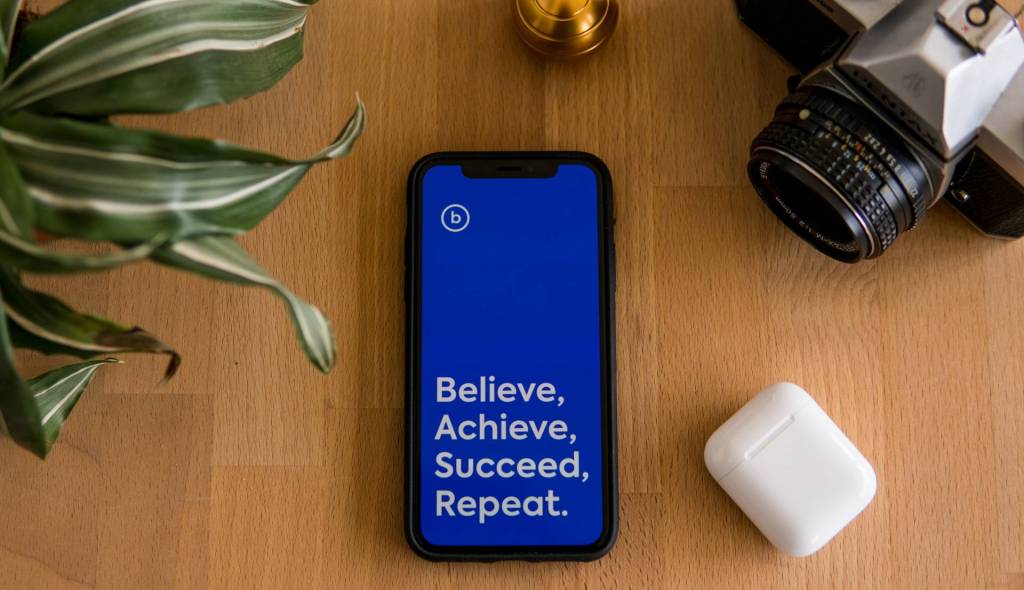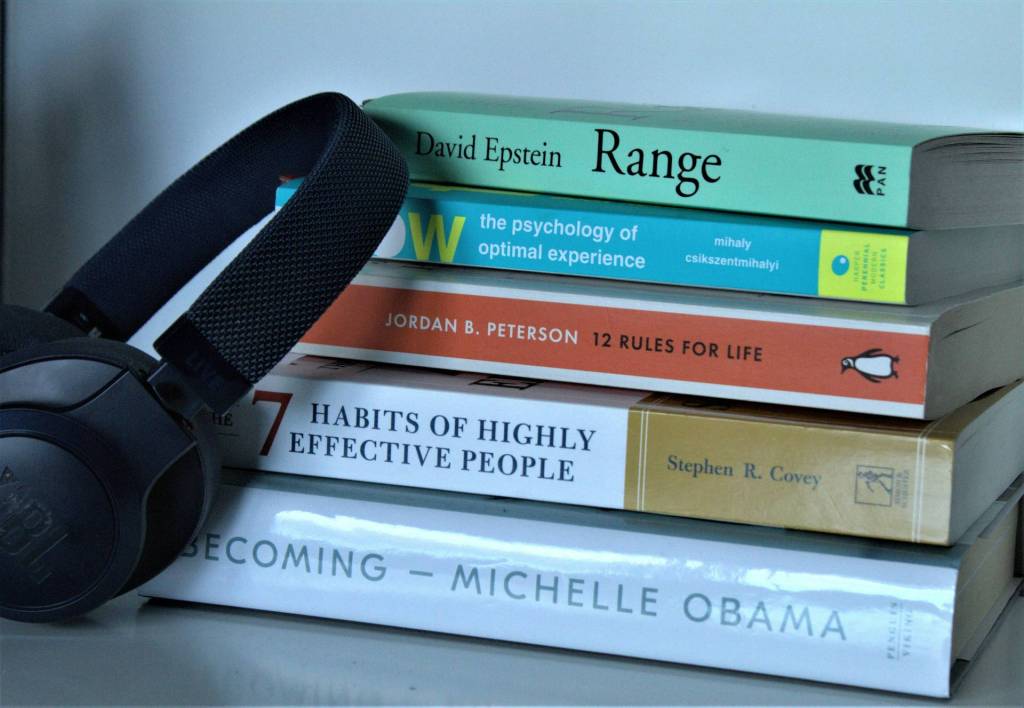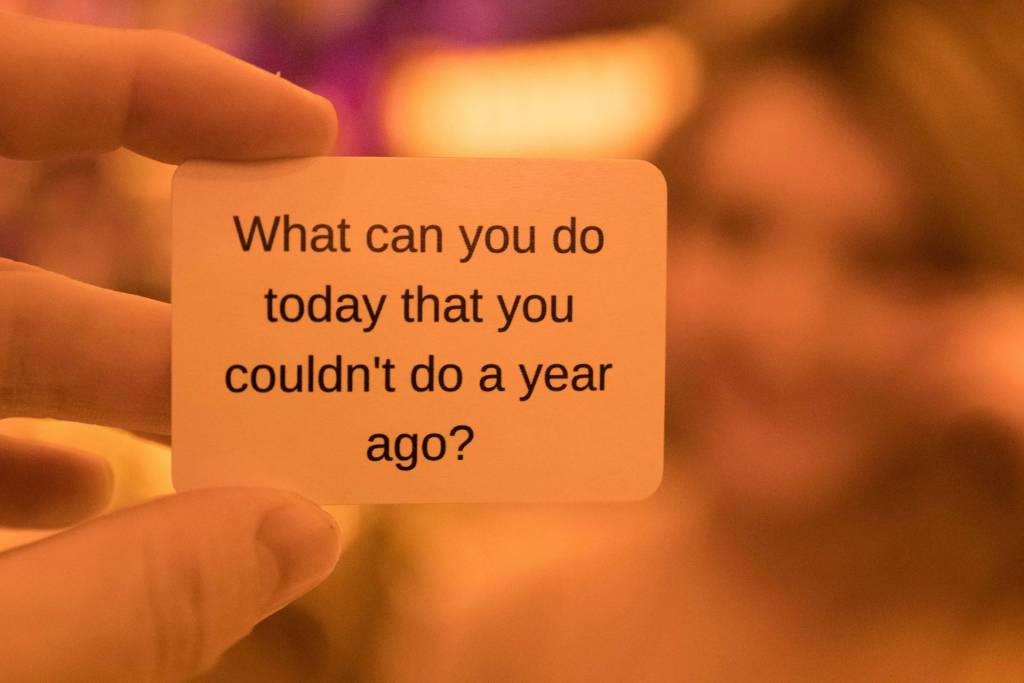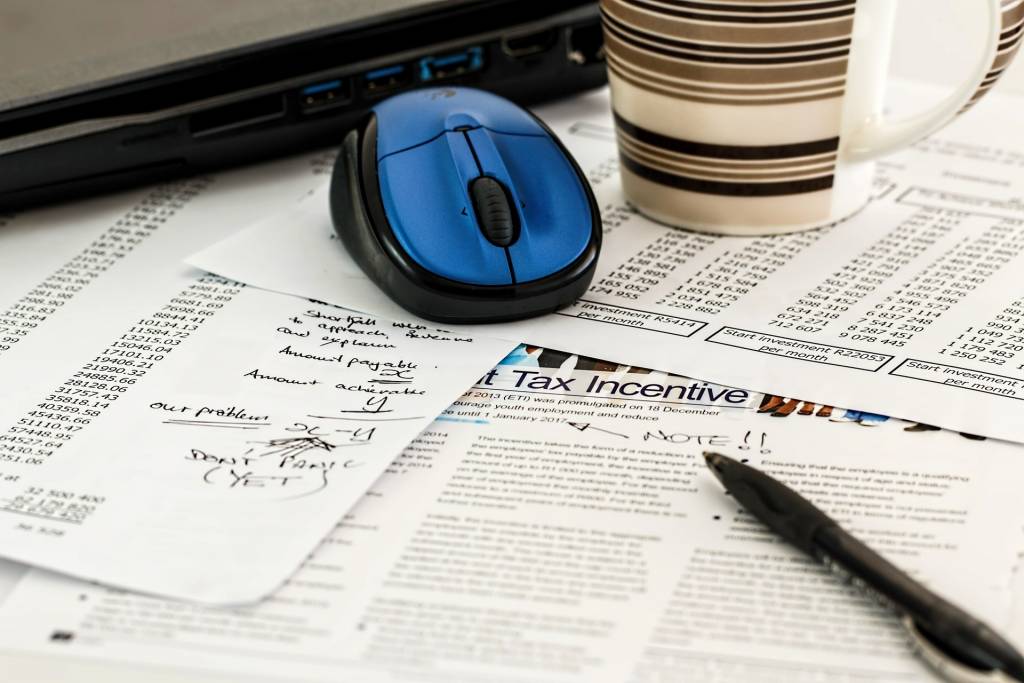 Do you ever have those days when you’re just staring into space and thinking to yourself: “Did I actually accomplish anything within the past eight hours?” If you’re having frequent “dry spells” productivity-wise, that could spell trouble for your personal brand. To get back into your old groove, so to speak, try some or more of the following tips:
Do you ever have those days when you’re just staring into space and thinking to yourself: “Did I actually accomplish anything within the past eight hours?” If you’re having frequent “dry spells” productivity-wise, that could spell trouble for your personal brand. To get back into your old groove, so to speak, try some or more of the following tips:
Reframe Negative Thoughts About Your Work
In his book The Now Habit, Neil Fiore talks about how your mindset can make or break your productivity. For example, having thoughts like “I should do this, even if I don’t want to”, “This project is too big”, “I’m not going to finish this on time” is a surefire way to not get anything done.
Instead, before you get to work, think empowering thoughts like “I choose to do this”, “What can I start now?” and “When can I start?”. Keep repeating those thoughts to yourself like a mantra, until you feel pumped up.
Set Specific Deadlines for Goals
Fiore also writes: “A realistic goal includes an action verb, a deadline, and a cost component, usually time or money.” That is, if your goal is phrased like “I will finish this project”, rewrite it into something more specific: “I will finish this project by Friday this week, by allotting two hours a day to it from Monday to Friday.” That way, you’re clear on how you’ll go about your goal, exactly, and you’re less likely to put it off for later.
Get Things Done in 30-Minute Chunks
If the task at hand (e.g. send a private message to all 100 of your newest Twitter followers) seems too overwhelming, Fiore suggests you take your work 30 minutes at a time. Use apps to block out distractions, try to finish your work uninterrupted within half an hour, and be amazed at how much you managed to accomplish within that limited time frame.
Automate Rote, Time-Consuming Tasks
Some tasks—such as sending e-mail, transferring files, and keeping track of team members—can be automated with the help of apps, such as:
- Asana. Asana is a great way to manage everyone’s projects. You can create tasks, tag people who need to see those tasks, and have brainstorming sessions all in one place.
- Boomerang for Gmail. With Boomerang, you can schedule e-mails, follow up on pending ones, and even keep track of whether your recipient opened your message.
- eFileCabinet. Unlike many cloud storage systems, eFileCabinet doesn’t require a server. Instead, it backs up all your important files and folders in data centers protected by the most advanced encryption and security measures.
- LastPass. Don’t want to leave your passwords lying around on Post-Its? Manage them all with LastPass, which stores your login information in a safe place.
Of course, these aren’t the only tools available to help you clear those mind-numbing, repetitive tasks. What’s important is to find the ones that fit your company’s process, and that will continue to be useful in the foreseeable future.
Build Good, Productivity-Boosting Habits
Productivity experts often emphasize the importance of building habits, and for good reason. Since habits—like washing your face and brushing your teeth first thing in the morning—are automatic to you, they’re not cognitively demanding, and therefore free up mental space for the things that matter.
For example, let’s say you start work at 8:30 AM, instead of 8:00, because it takes you 30 minutes to “settle in”. In that case, find a way to get your brain into work mode before you set foot inside the office (like chanting the positive mantras we mentioned earlier), so you’ll start and end your work earlier.
Take Good Care of Your Body
When your work requires you to sit at a desk all day, it’s easy to let your physical health fall by the wayside. Actually, getting up every now and then will do wonders both for your fitness and your productivity, because of the strong link between physical and mental health.
Use Rewards, Rather Than Threats, to Motivate Yourself
Which do you think is more motivating: “If I don’t finish this by today, I’ll have twice the workload tomorrow” or “If I finish this today, I can marathon all the Game of Thrones episodes I want after work”? Yep, your guess is as good as mine—and Fiore’s.
Punishments put unnecessary pressure on you. They force you to focus on not getting anything wrong, instead of getting the important things right. Rewards, on the other hand, do the opposite: They motivate you to do your best, because you know that you have something to look forward to other than payday.
A Few More Words of Advice
It might take some time before you see any results from these tips. Don’t worry about it too much, though: You will see results eventually. And when you do, you’ll find yourself accomplishing things you’ve never even dreamed of accomplishing before.












